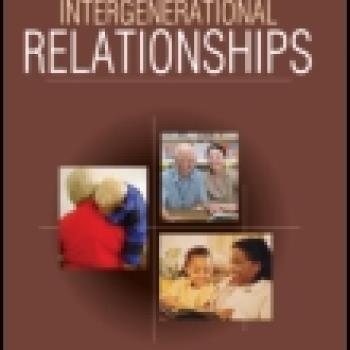
Drawing on three rounds of survey and qualitative data of the Young Lives study in Ethiopia among children born in 1994 and their caregivers, this article investigates intergenerational relationships by means of the life course perspective. With the expansion of modern education and children’s exposure to different experiences outside the family, many of them contest parental values, norms, and expectations. Competing agents of socialization have contributed to increased intergenerational conflicts and negotiations. In the context of rapid social changes, intergenerational relationships are becoming dynamic and the life course perspective needs to adapt to understand the changing features of such relationships.
Full article available online.
Reference:
Tafere, Yisak (2015) ‘Intergenerational Relationships and the Life Course: Children-Caregivers’ Relations in Ethiopia’, Journal of Intergenerational Relationships 13.4, 320-333

Drawing on three rounds of survey and qualitative data of the Young Lives study in Ethiopia among children born in 1994 and their caregivers, this article investigates intergenerational relationships by means of the life course perspective. With the expansion of modern education and children’s exposure to different experiences outside the family, many of them contest parental values, norms, and expectations. Competing agents of socialization have contributed to increased intergenerational conflicts and negotiations. In the context of rapid social changes, intergenerational relationships are becoming dynamic and the life course perspective needs to adapt to understand the changing features of such relationships.
Full article available online.
Reference:
Tafere, Yisak (2015) ‘Intergenerational Relationships and the Life Course: Children-Caregivers’ Relations in Ethiopia’, Journal of Intergenerational Relationships 13.4, 320-333

